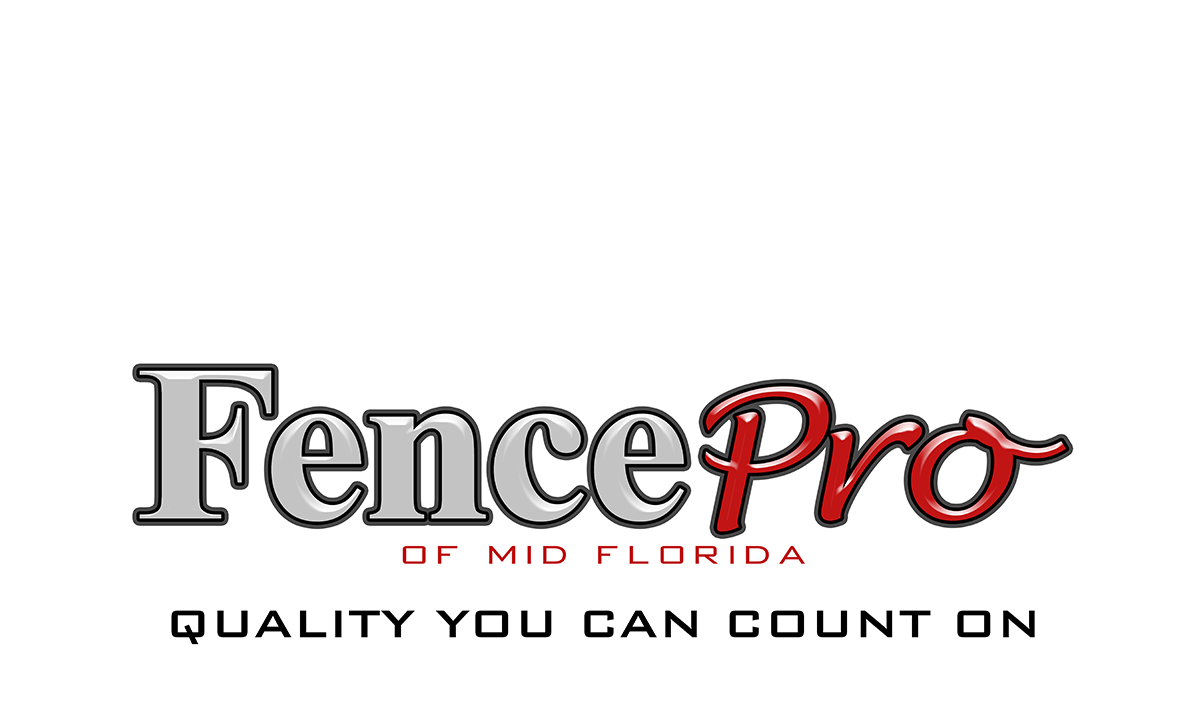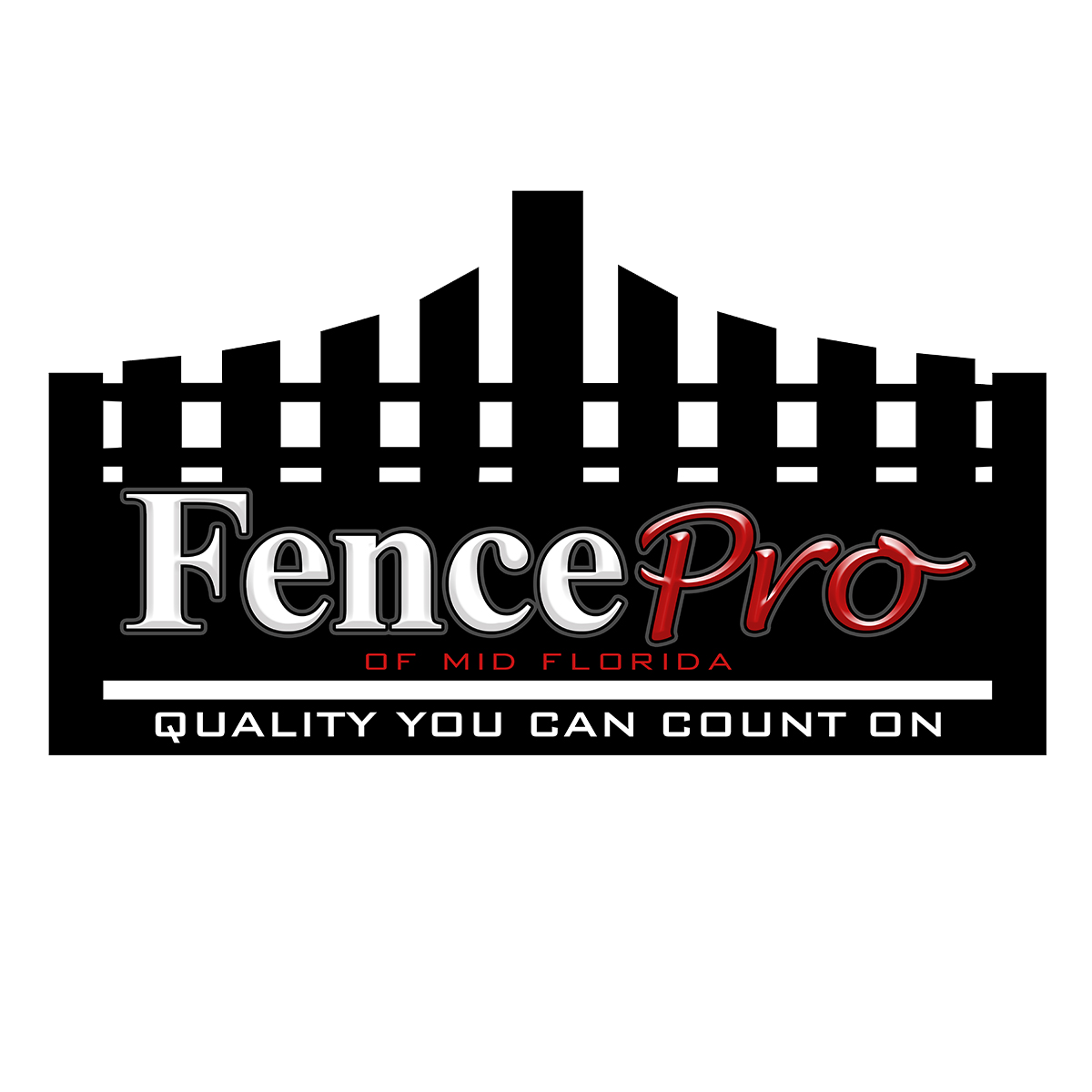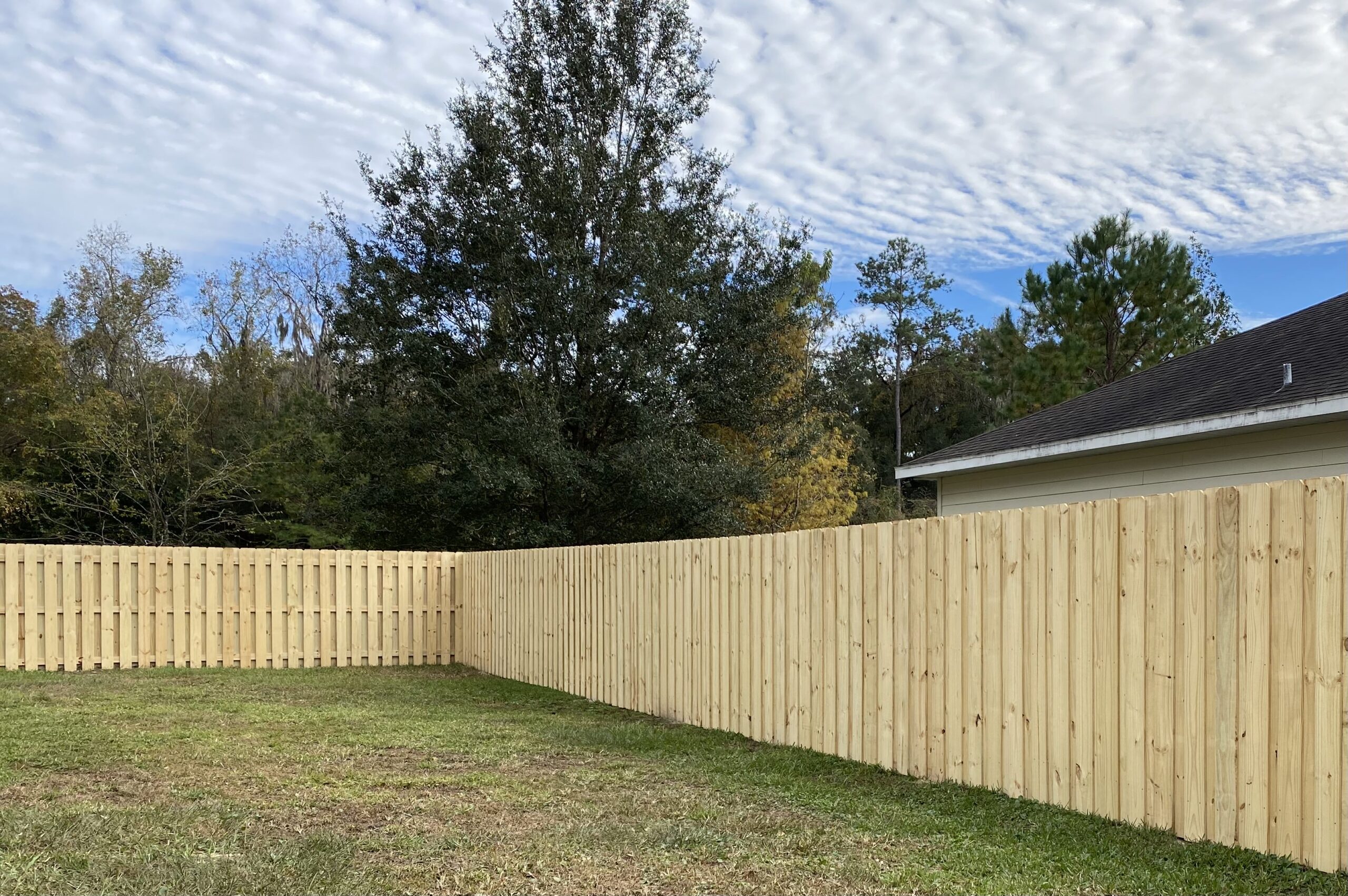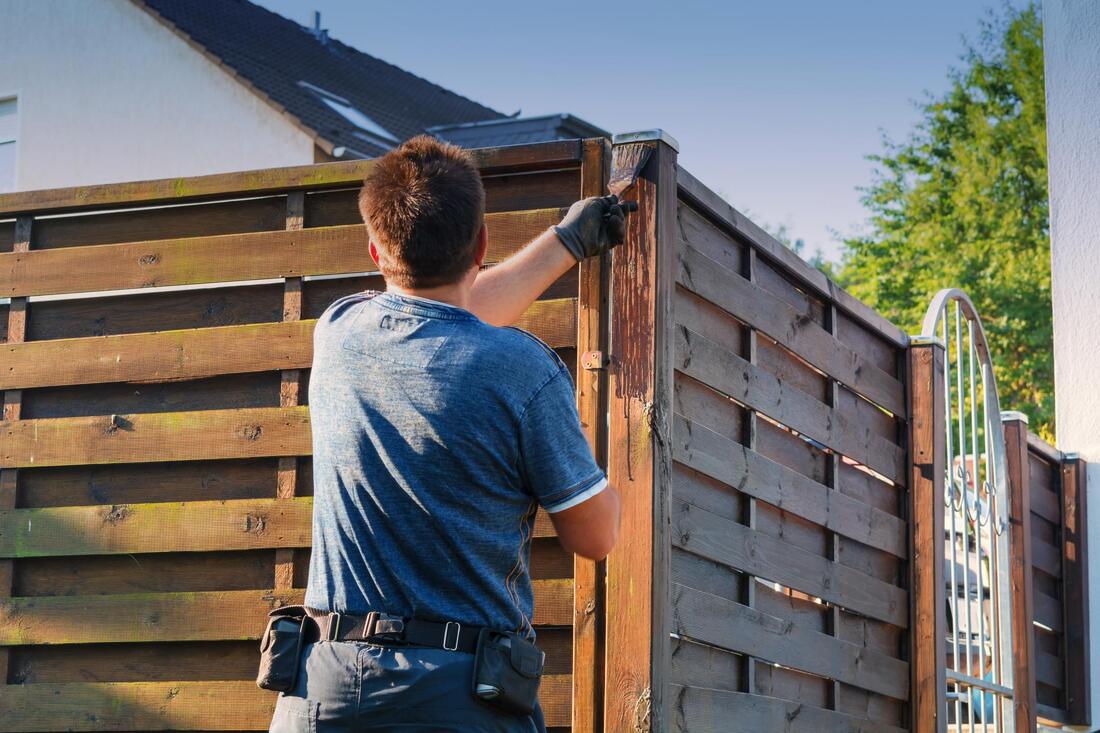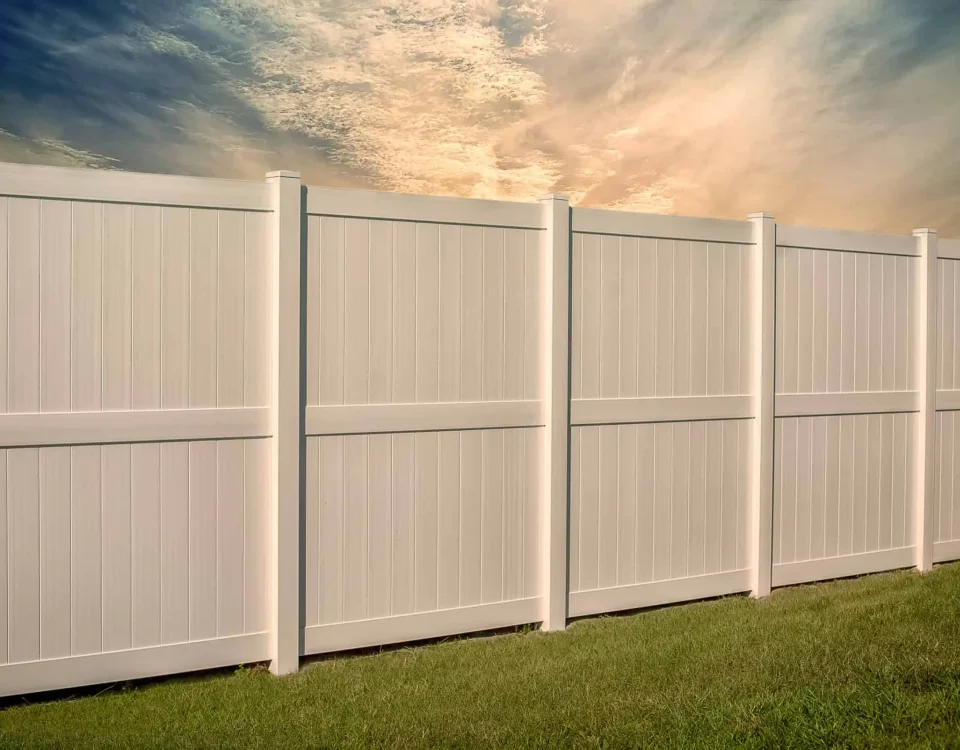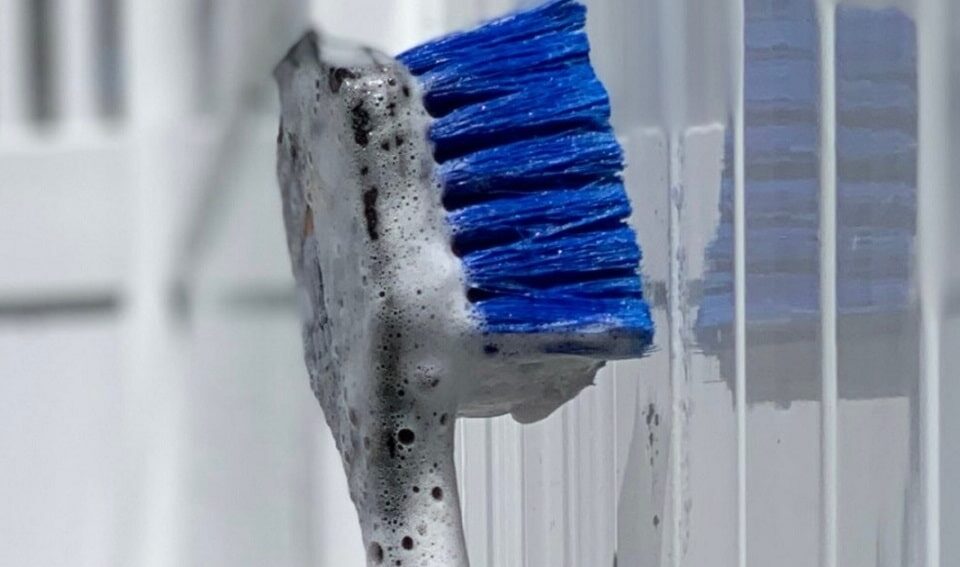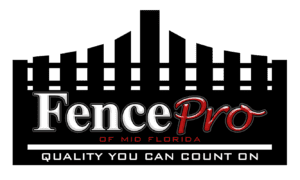The lifespan of fences varies widely: wood lasts about 15–20 years, aluminum can exceed 50 years, Dura Fence lasts 25–30 years, and el vinilo lasts 20–30 years with proper maintenance. Let’s dive deeper into what affects the longevity of these materials and how you can maximize the life of your fence.
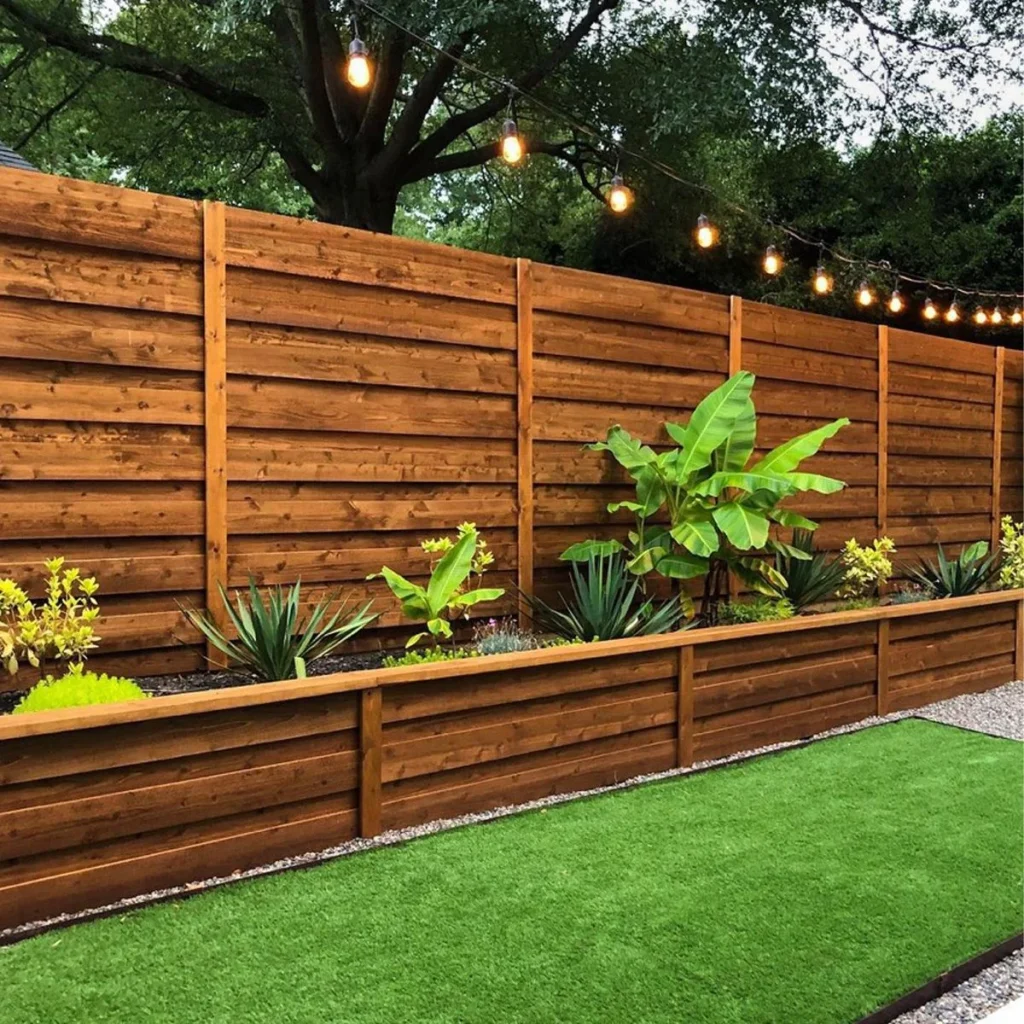
Wood Fencing: Natural Charm, Shorter Lifespan
Wood fences, depending on the type of wood and maintenance, typically last 15–20 years. Cedar and redwood are more durable, while pine and spruce may have a shorter lifespan.
How to Maximize Lifespan:
- Seal or stain your wood fence every 2–3 years to protect against moisture and UV damage.
- Regularly inspect for rot, warping, or termite damage and replace affected boards.
- Keep nearby plants trimmed to prevent moisture retention, which can accelerate rot.
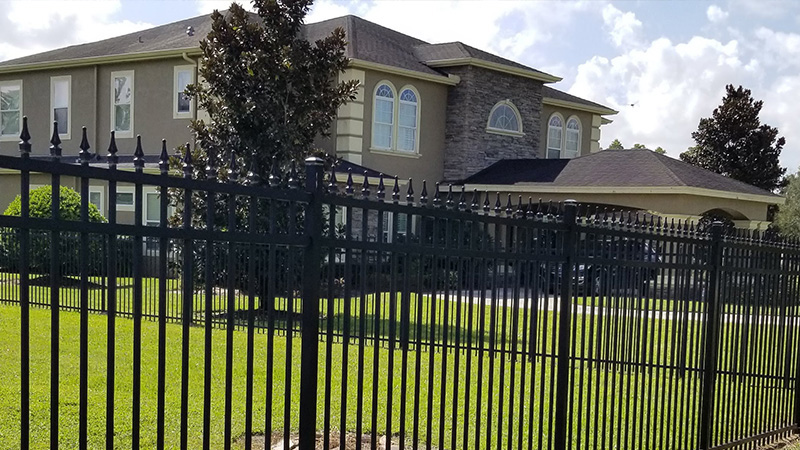
Aluminum Fencing: The Long-Lasting Option
Las vallas de aluminio are highly durable, often lasting 50 years or more. Their rust-resistant properties and lightweight construction make them a low-maintenance choice, especially in humid climates like Florida.
How to Maximize Lifespan:
- Periodically clean with soapy water to remove dirt and debris.
- Touch up any scratches in the coating to prevent potential corrosion.
- Ensure posts are securely installed to prevent shifting over time.
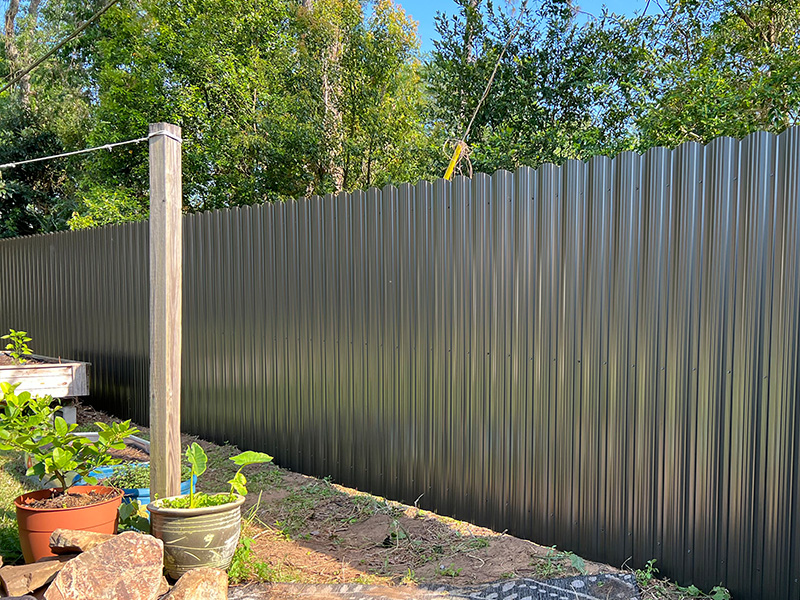
Dura Fence: Strength and Longevity
Dura Fence, made from galvanized steel or composite panels, typically lasts 25–30 years. Its resistance to rust, warping, and weathering makes it ideal for both residential and commercial applications.
How to Maximize Lifespan:
- Rinse off dirt and debris regularly to maintain its appearance.
- Inspect for scratches or chips in the coating and address them promptly to prevent rust.
- Avoid heavy impacts or leaning objects against the panels.
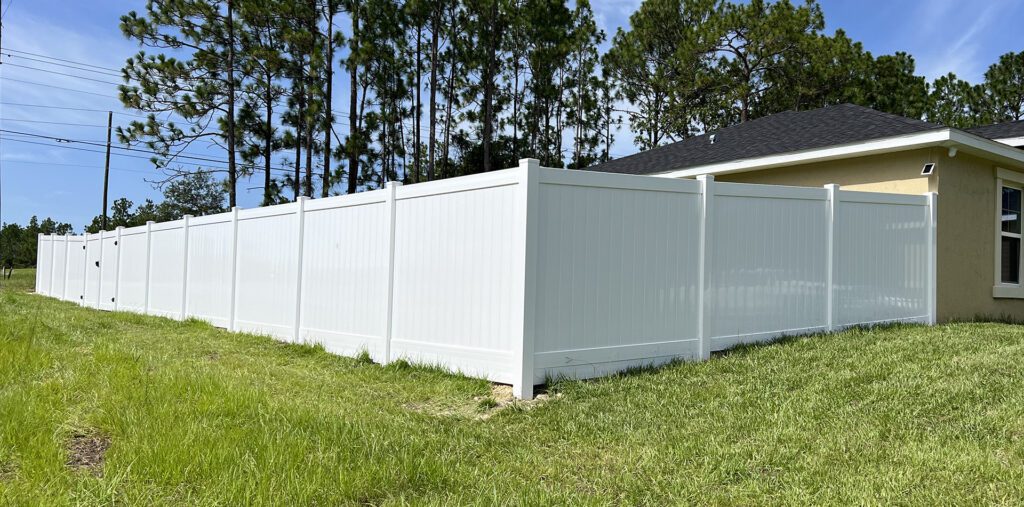
Vinyl Fencing: Durable and Weather-Resistant
Vallas de vinilo usually last 20–30 years, thanks to their resistance to rot, pests, and extreme weather conditions. They’re a popular low-maintenance option for homeowners.
How to Maximize Lifespan:
- Clean with soap and water to remove mold, algae, or dirt.
- Avoid hanging heavy objects on the fence to prevent warping or cracks.
- Replace damaged sections promptly to maintain structural integrity.
Factors That Affect Fence Lifespan
Regardless of the material, several factors influence how long your fence will last:
- Climate: Harsh weather, such as heavy rain or high humidity, can shorten a fence’s lifespan.
- Installation Quality: Proper installation ensures the fence is stable and durable.
- Maintenance: Regular cleaning, sealing, or inspections are crucial to prolonging the life of any fence.
- Material Quality: Higher-grade materials generally offer greater longevity and performance.
Choosing the Right Fence for Longevity
If you’re looking for a long-lasting fence, aluminum and Dura Fence are top choices due to their durability and low maintenance. Wood is a great option for natural beauty, provided you’re willing to invest in regular upkeep, while vinyl offers a balance of style, durability, and ease of care.
At Fence Pro of Mid Florida, we specialize in installing fences that stand the test of time. Whether you need a new fence or tips to maintain your current one, our experts are here to help. ¡Contacta con nosotros hoy to learn more!
